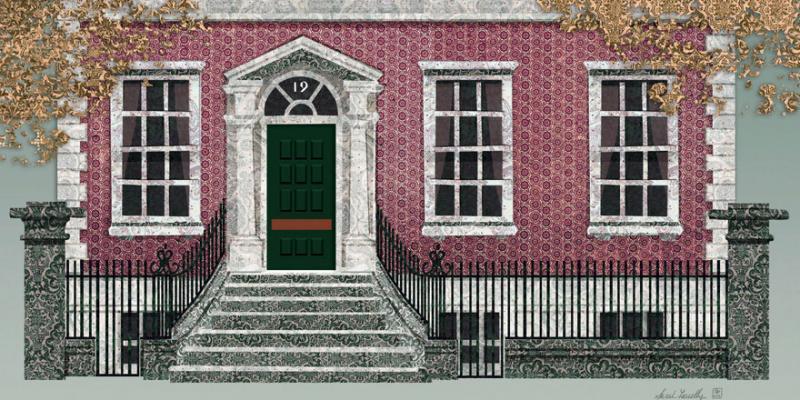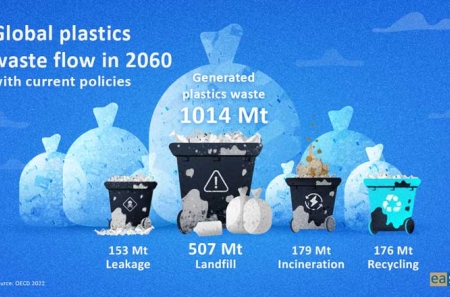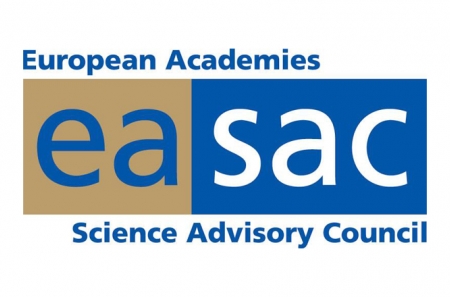
Statement on the Publication of the Report of the STEM Education Review Group
24 November 2016‘Stem Education in the Irish School System – Analysis and Recommendations’
The Royal Irish Academy welcomes the publication of the report of the STEM Education Review Group: ‘Stem Education in the Irish School System – Analysis and Recommendations’. In commenting on the report, the Royal Irish Academy President, Professor Mary Daly, said:
‘I would like to commend the work of the STEM Education Review Group as an important contribution to the debate on how best to provide Irish students with a STEM education of the highest international quality.
The quality of teaching of STEM subjects is not only central to Ireland’s economic development, it is critical to the advancement of knowledge. An enhanced student STEM experience, incorporating a richer enquiry-based approach designed to encourage creative and critical thinking, is key to inspiring future generations to ponder the fundamental questions of nature which enable us to better understand our world.
We particularly welcome the report’s recommendations that all STEM teaching in post-primary schools be delivered by STEM qualified teachers and that a comprehensive suite of STEM CPD programmes be made available to post-primary teachers through the forthcoming Teaching Framework for Continuous Professional Learning. The report also specifically recommends that the Royal Irish Academy be given a formal role in advancing thinking on the future formation of policy regarding the intersection of STEM teaching with the arts. This of course is of fundamental importance, and the Royal Irish Academy is keen to assist in this regard.
Finally we note the commitment made in the Programme for Partnership Government to forward the report to the relevant Oireachtas Committee for review. However, we would urge government give serious consideration to the report’s recommendations as part of its deliberations on the development of the proposed national strategy to develop competence in science, technology, engineering and maths.’
- The Royal Irish Academy has taken an active role in STEM education in Ireland since 2013. In November 2013, the Academy hosted a joint forum with the Federation of All European Academies (ALLEA) on ‘Academia and Industry Alliance: Joint Efforts in Science Education’. The Academy was also chosen as the location for the launch STEM Education Review Group, and hosted a public dialogue on STEM education on behalf of the Review Group in April 2014. The Academy’s submission to the Review Group was published as an Advice Paper in June 2014, which recommended:
- Initial teacher education and continuous professional development programmes need to continue to adapt more inquiry-based approaches to teaching science and mathematics.
- Higher Education Institutions, in combination with the network of Education Centres and MOOCs (Massive Open Online Courses), could deliver STEM education CPD.
- The primary and post-primary STEM curriculum should be shortened to make room for a more in-depth form of engagement with students, a richer student experience and alternative forms of assessment, so that students have more opportunities to apply and develop their scientific skills.
- The Teaching Council should be given the responsibility for recognising and registering discipline-specific teaching accreditation in the STEM area.
To download a copy of this Advice Paper, please click here



